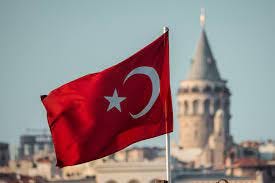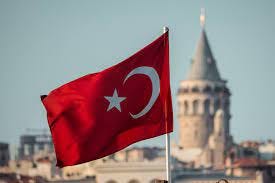Türkiye looks toward a new world order
An alternative, more just, pluripolar world-system under construction
The inclusion of Türkiye in the recent tour of Cuban President Díaz-Canel raised the question: Is the Eurasian nation participating in the project of China and the Third World for the construction of an alternative, pluripolar, more just and sustainable world-system? This would be a surprising development, taking into account Turkiye’s longstanding membership in NATO. (See “Díaz-Canel in Algeria, Turkey, Russia, & China: The daily construction of a more just pluripolar world,” November 29, 2022; “China and the Third World: The construction of an alternative, more just world-system,” 10/1/2021).
A note on terms. First, I prefer the term “pluripolar” instead of “multilateral” or “multipolar”, to give emphasis to the fact that the alternative world-system under construction consists of more than regional economic centers integrated into the established structures of the capitalist world-economy; it is not just a matter of some giant states declining and other relatively larg…



